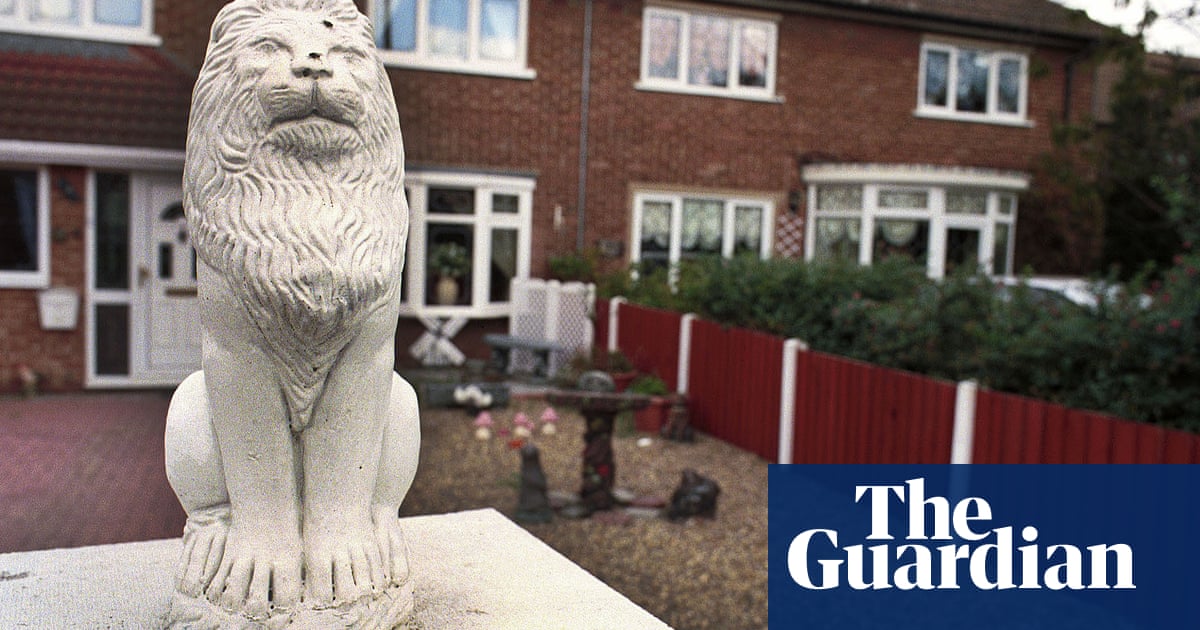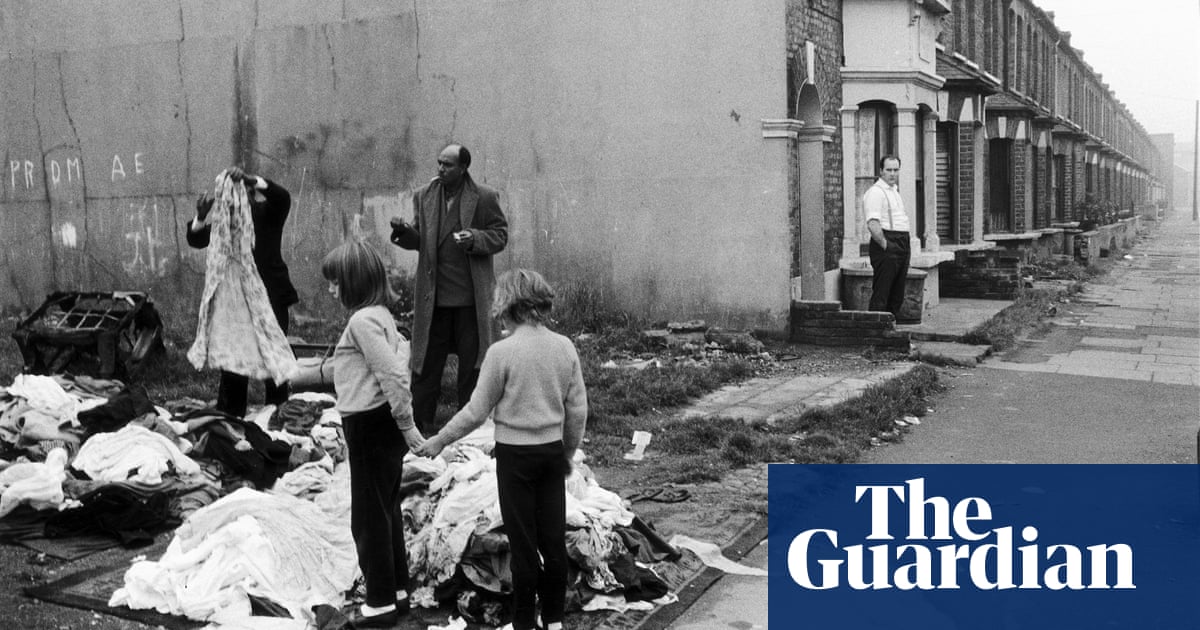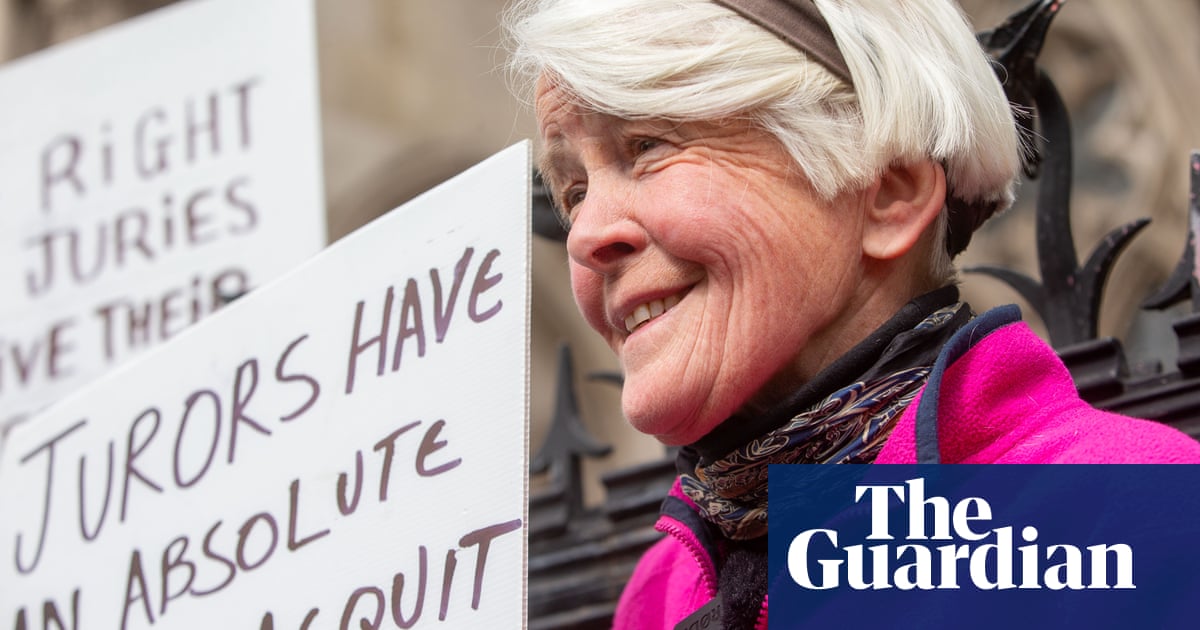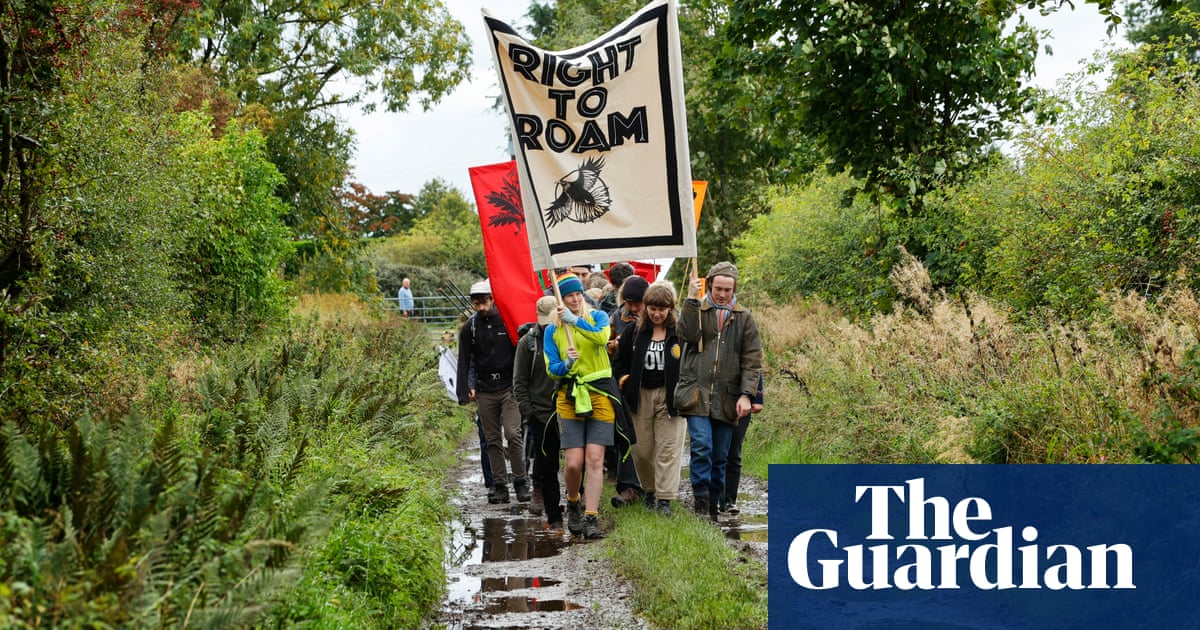
Kate Barker is quite right (UK failure to build social homes ‘shocking’, says author of 2004 report, 4 April). Since the 1980 Housing Act, which extended the right to buy for sitting tenants, we have seen homelessness rise and young people priced out home ownership.
But another unrecognised consequence of the right to buy was a geographical redistribution of burglaries, such that more and more people who lived in social housing were victimised. This was due to council tenants not being legally able to improve the security (extra locks, double glazing or alarms) for their homes. Over time, as lower-middle-class couples or families relied less and less on the socially rented sector, the problem became worse. By 2000, the rate of burglaries in the social rented sector had doubled, while for owner-occupiers it had barely moved at all.
What is needed is not simply more social housing, but a return to pre-1980s attitudes to the socially rented sector in which living in such housing isn’t seen as a choice of last resort and in which a better social mix of residents can act as its own form of social crime prevention.
These insights are based on an academic paper – Thatcherite Ideology, Housing Tenure and Crime: the Socio-spatial Consequences of the Right to Buy for Domestic Property Crime – which I co-authored with Colin Hay, Will Jennings and Emily Gray, and which was published in the British Journal of Criminology.
Stephen Farrall
Professor of criminology, University of Nottingham












